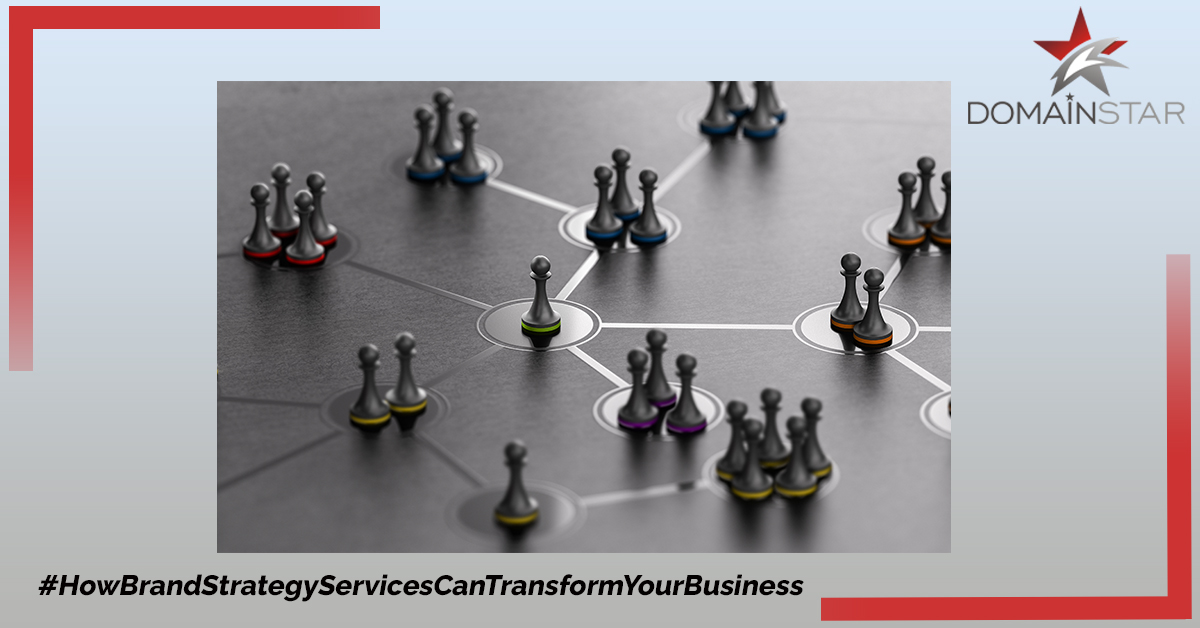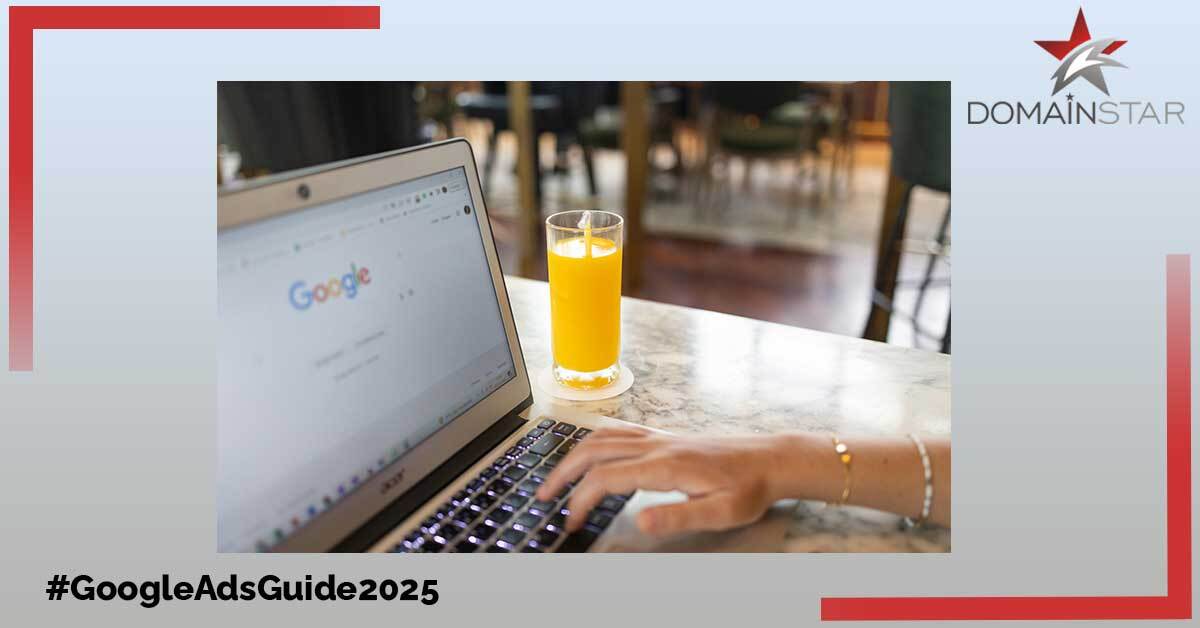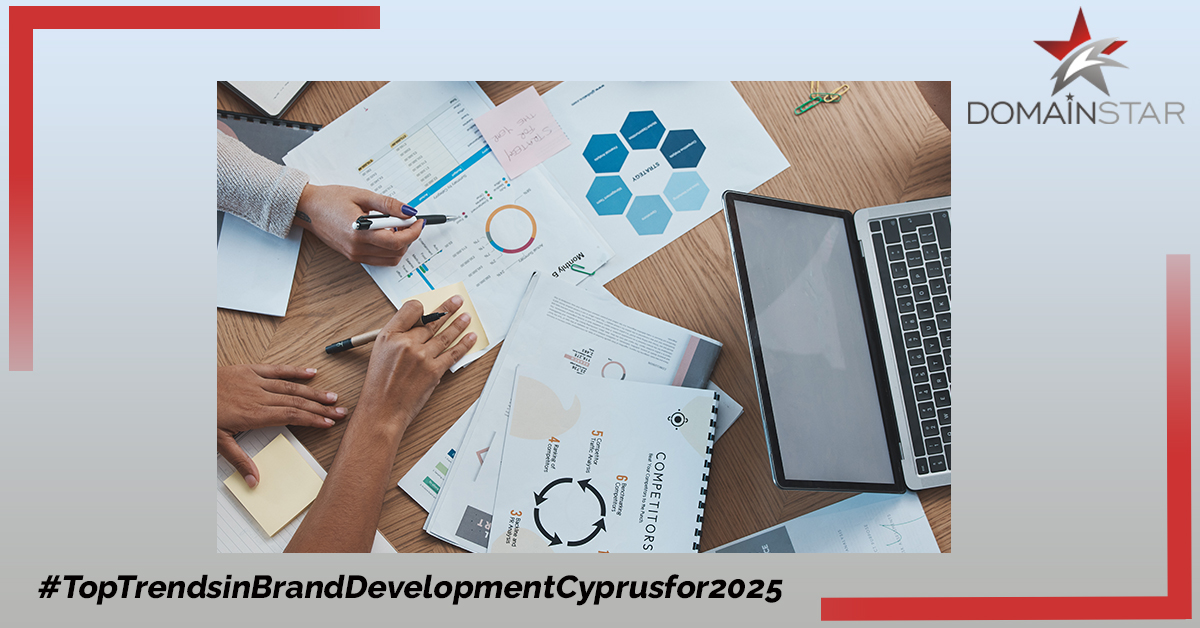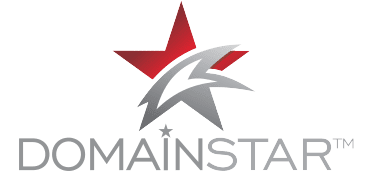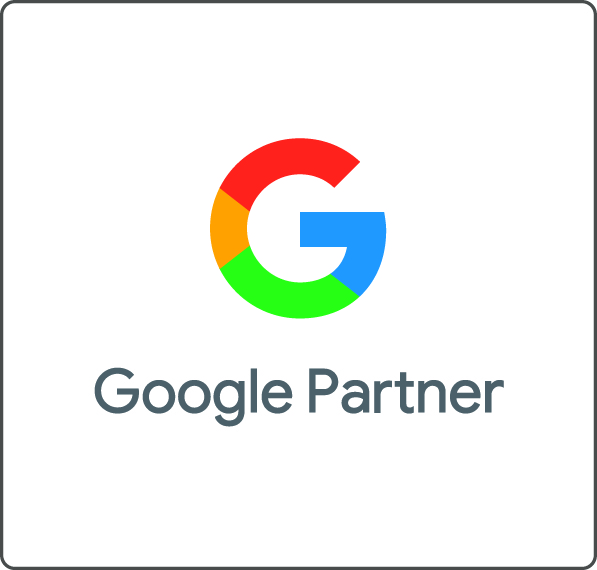Introduction
Search Engine Optimization (SEO) is a hot topic in the world of marketing. If you have an online business, it’s likely that you have heard about it. But what exactly is SEO? Well, in short, it’s the process of making your website more visible to search engines and improving its placement on the search engine results page. This means that if someone types in a keyword or keyphrase they are looking for in Google or Bing (of course there are more search engines but we’ve mentioned the 2 biggest ones), your site should appear on the first page of their search results.
Let’s expand on this below…
What is on-page SEO?
On-page SEO is the practice of optimizing your website so that search engines can find it more easily. This term refers to things you can do to improve your site’s visibility in search engine results pages (SERPs).
Why is on-page SEO important?
It’s important because it helps you get more traffic and improve your rankings in SERPs.
The main reason why it is so important is due to the fact that text content on your site is what search engines use to understand your content and rank it accordingly. In other words, if you want your website to perform well in search results, then you need to make sure that all its pages have good quality content on them that answers users’ questions in an easy-to-understand way (which can include images) and has clear navigation between the pages.
What is the difference between on-page SEO and off-page SEO?
On-page SEO refers to the optimisation of your website. There are a lot of factors contributing to on-page SEO such as:
Quality Site Content
Keywords
Title Tags
Meta Descriptions
Clear URLs
Internal linking
External Linking
Images
Page Speed
Featured Snippets
On the other hand, off-page SEO involves:
Backlink Building
Content Marketing
Local SEO
Guest Posting
Brand Mentions
Social Media
How to optimise your content for on-page SEO?
Structure, headlines, and subheadings
Headings are important for SEO and user experience. When you’re writing a blog post, it’s best to structure your content so that the most important information is at the top of each page. This means using headings (h1 through h6) to clearly mark out the different sections of your article, so readers can easily scroll through them.
Headings also help search engines understand more about what’s going on in your text; for example, whether or not there are subheadings within each section of text; whether a particular word or phrase appears multiple times throughout an article; and how long each section is likely to be read by users before they move onto another one on their browser window or app screen. This information helps Google determine which pages are most relevant for users looking for specific types of information online, and thus gives those pages higher rankings than others that aren’t as useful for them!
Meta descriptions, URL structuring, and image alt text.
Meta descriptions are short snippets of text that appear below a link in search results. They are important because they’re one of the first things people see when they click on a link and can influence whether or not they decide to click through. They should be between 150-160 characters in length and contain keywords related to your business, but don’t overdo it: the most important thing is making sure that it accurately represents what users will find when visiting your site (it should also include your brand name).
URL structuring refers to how you structure URLs for individual pages on your website; this includes choosing whether or not to use subfolders (e.g. http://www.domainname.com/blog/post-title/) or subdomains.
Keywords in text content.
Keywords should be in the first 100 words, the first paragraph, and the first sentence. Moreover, Keywords should also be included in your title, subheadings, and other content areas. Finally, keywords also need to be included within your Meta Data Title and Meta Description text.
Conclusion
In summary, on-page SEO is about optimising your website so that search engines can find it more easily. It’s important to remember that there are many other factors involved in ranking well in Google searches, including off-page SEO (which we’ll cover in our next blog post). However, on-page SEO has a big impact on whether or not people will be able to find what they’re looking for when they visit your site – so if you want people to visit often enough for them to buy something from you or sign up for an email list then this seems like a good place to start!it
FAQs - Frequently Asked Questions
On page SEO is anything related with the actual website while off page SEO relates to anything that happens outside the website.
Our on page SEO services include; Quality Site Content, Keywords Optimisation, Title Tags Optimisation, Meta Descriptions Creation, Clear URLs, Internal linking, External Linking, Page Speed improvement, Featured Snippets.

